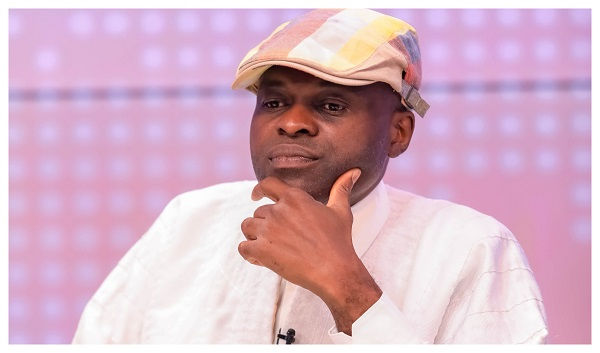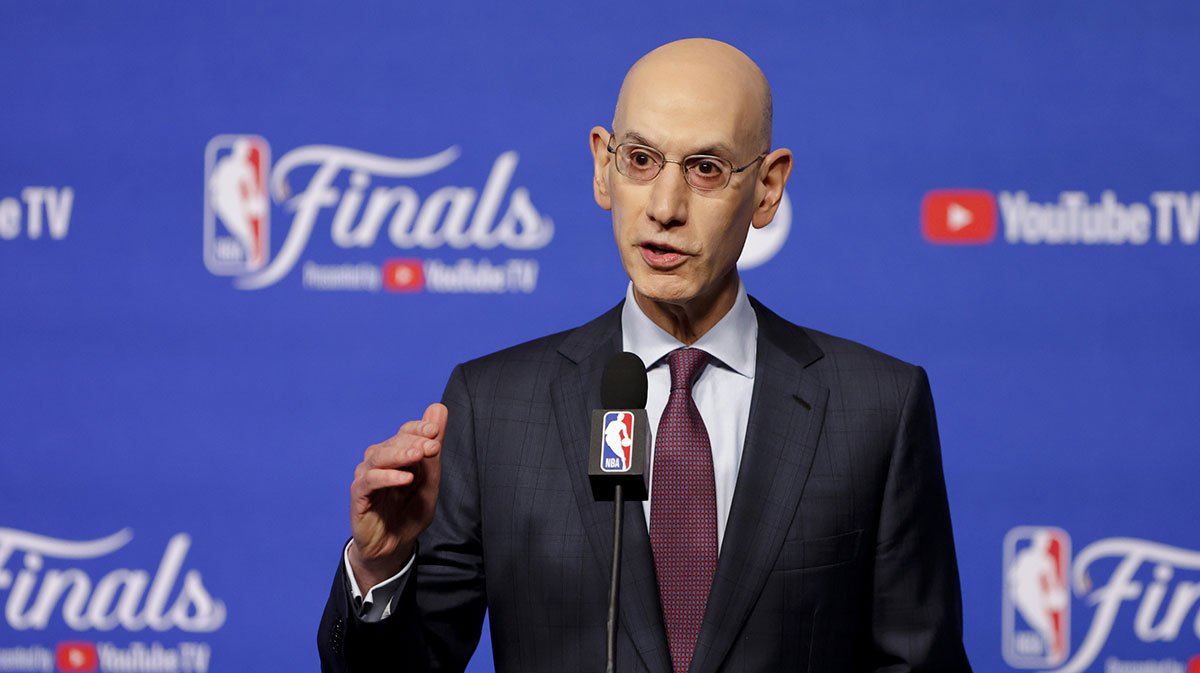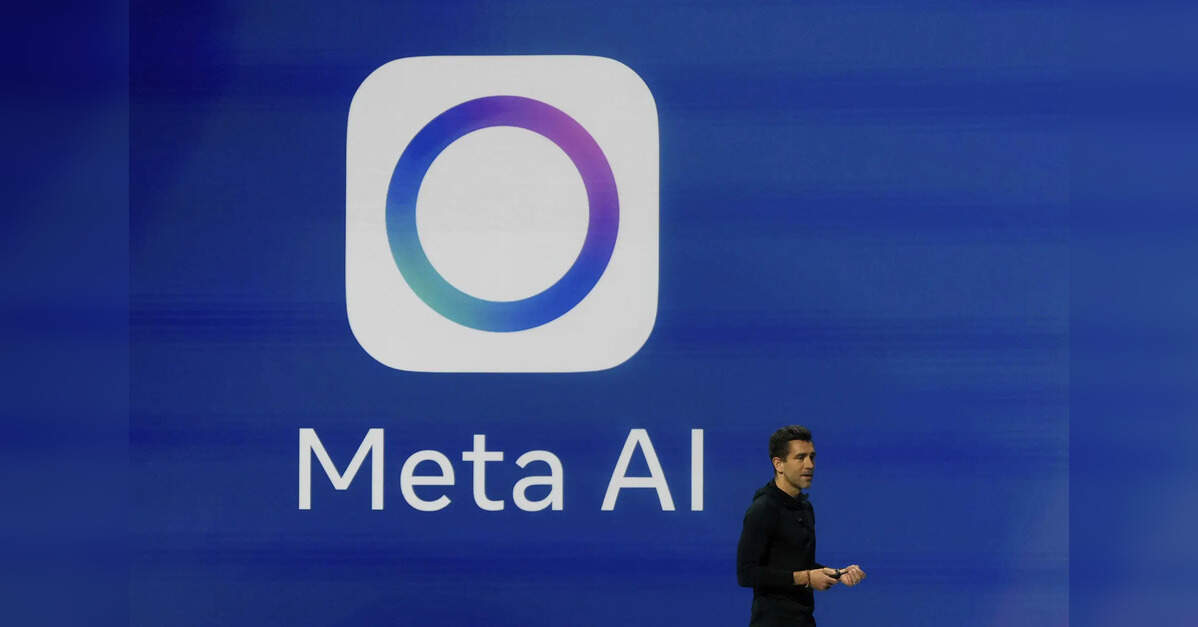Satya Nadella on the Challenges of AI Implementation
The impact of Artificial Intelligence (AI) on the global workforce and the evolution of job roles is a central theme among tech leaders. Microsoft CEO Satya Nadella emphasizes that the primary challenge with AI is not its development or deployment, but rather "change management" – the ability of people to adapt their workflows and job scopes to leverage AI. He noted that LinkedIn, a Microsoft subsidiary, is already seeing roles merge, such as product design, front-end engineering, and product management combining into a "full-stack builder" position, indicating a fundamental shift in team structures. While Microsoft announced job cuts, a spokesperson clarified these were not performance-driven but aimed at increasing the ratio of coders to non-coders and expanding managers' "span of control." The broader tech community remains divided on AI's overall impact: Nvidia CEO Jensen Huang believes AI will transform everyone's jobs, potentially unlocking new creative opportunities despite some roles disappearing. Conversely, Anthropic CEO Dario Amodei warned that AI could eliminate 50% of entry-level white-collar jobs within five years, urging transparency about these impending changes. To navigate this transformation, executives like Amazon CEO Andy Jassy and LinkedIn co-founder Reid Hoffman advocate for widespread AI adoption across all levels of an organization, stressing the need for employees to educate themselves and integrate AI into daily operations.
Beyond workforce changes, the technology landscape continues to evolve rapidly, showcased at major industry events like the Consumer Electronic Show (CES) and Mobile World Congress (MWC). CES is highlighted as a crucial platform for innovators to connect with consumers and partners, facilitating business and spotlighting emerging trends. Recent success stories from CES include Deloitte, Lilly Direct, and Ultrahuman, all leveraging the event to showcase innovations and expand their reach. The "Tech Decoded" series from CES explores how technology is reshaping various sectors. For instance, in luxury and fashion, innovation is leading transformation through AI-driven personalization, health wearables combining smart tech with design, virtual try-ons via extended reality (XR), and ethical sourcing facilitated by blockchain. In finance and supply chains, blockchain is revolutionizing operations by ensuring transparency, traceability, and security through decentralized systems, smart contracts, and data-secure applications in health and identity.
Mobile World Congress (MWC) and related industry discussions underscore strategic priorities for the telecom sector. Climate action remains a core focus for the mobile industry, which set an ambitious goal to achieve net-zero emissions by 2050. The "Mobile Net Zero 2025" report assesses progress and provides recommendations for mobile network operators, suppliers, and governments to accelerate this initiative. Telco strategy discussions also revolve around the rise of AI-powered networks, the challenge and opportunity of monetization, and China's extensive experimentation with AI, APIs, and new business models. Global industry gatherings consistently address shared themes like distributed inferencing and 5G evolution. MWC25 Doha, for example, highlighted the Doha Exhibition and Convention Centre (DECC) as a prime venue for international events.
Further technological advancements are evident across various domains. Tesla launched its anticipated robotaxi service in Austin, Texas, marking a cautious yet significant step in self-driving technology, sparking discussions about its safety measures and the future of autonomous vehicles. The gaming and entertainment sectors are seeing innovations like the Xbox-branded Meta Quest 3S, a $399 bundle enabling Xbox Cloud gaming via VR. In wireless communications, Mobile Virtual Network Operators (MVNOs) are gaining attention as potentially cost-effective alternatives, prompting discussions on their benefits, downsides, and the future of phone unlocking. Meta's long-hinted introduction of ads to WhatsApp also signifies evolving monetization strategies in popular communication platforms.
The broader tech ecosystem also grapples with societal and business implications. The "Dead Internet Theory," which posits that much of online content is AI-generated, is resurfacing amid the rise of AI-generated "slop" in digital feeds. The relationship between major tech players, exemplified by OpenAI's $200 million deal with the U.S. Department of Defense, raises questions about potential tensions with its biggest backer, Microsoft, and the growing intersection of Silicon Valley with military applications. Venture capitalists are actively discussing the next generation of "AI Natives," what it means to build and back technical talent in the AI age, and how this current wave of AI innovation differs from past tech booms. High-stakes investments include ventures like Aetherflux, which aims to harness space-based solar power, and discussions around early-stage investing strategies, emphasizing emotional resonance and identifying promising founders. Bloomberg Technology is set to launch "Bloomberg Tech: Asia," focusing on innovation hubs and emerging voices across Asia's rapidly evolving tech landscape.











